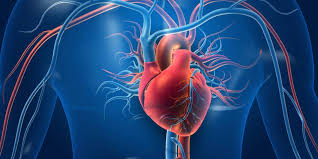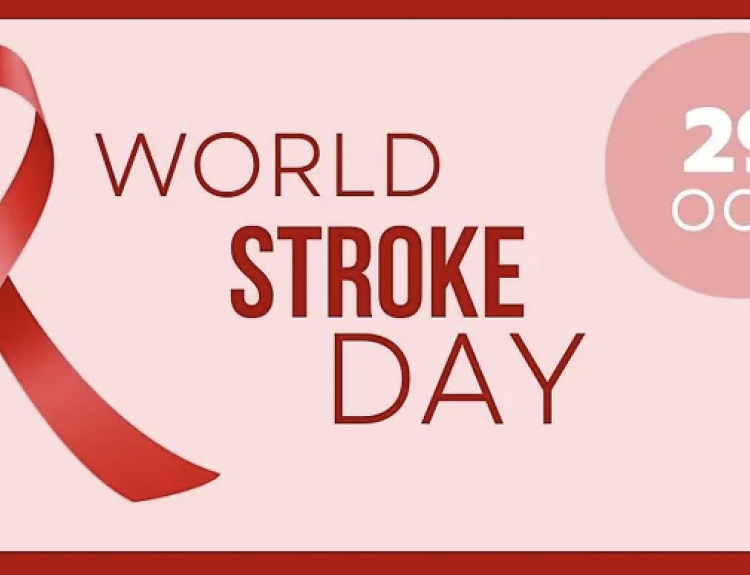The American Heart Association (AHA) has released a statement highlighting the important connection between heart health and brain health. It shows that common heart conditions like heart failure, atrial fibrillation (irregular heartbeat), and coronary heart disease can significantly increase the risk of cognitive issues like memory loss and dementia.
The key takeaway: to have a healthy brain later in life, you need to take care of your heart from a young age—even starting in childhood.
Heart and Brain: A Close Connection
Our heart and brain are more connected than we might think. When the heart is not functioning well, it affects the brain’s ability to work properly. For example, nearly half of the people with heart failure show some signs of cognitive decline, such as trouble with memory, focus, and decision-making.
Studies have also shown that people with atrial fibrillation are 39% more likely to experience cognitive problems, while those with coronary heart disease have a 27% higher chance of developing dementia.
Why does this happen? One reason is that heart problems can lead to poor blood flow to the brain, which harms brain function. Inflammation and genetic factors also seem to play a role in how heart disease affects the brain.
How to Protect Your Heart (and Brain)
The AHA recommends taking care of your heart as early as possible to prevent both heart disease and cognitive decline later in life. Here are some simple steps to consider:
- Manage cholesterol and blood pressure: Keeping these in check lowers your risk of heart disease.
- Maintain a healthy weight: Obesity increases your chances of developing heart problems.
- Eat a heart-healthy diet: Focus on fruits, vegetables, and whole grains.
- Exercise regularly: Physical activity is essential for a healthy heart.
- Get enough sleep: Quality sleep helps reduce stress and supports heart health.
Start Early for Long-Term Benefits
The earlier you begin caring for your heart, the better the outcomes for both heart and brain health. For example, discussing family history of heart disease and staying active from childhood can help prevent problems later. In adulthood, it’s crucial to maintain healthy habits and address any risk factors, like high blood pressure or obesity.
As we age, it’s important to keep monitoring heart health and treat any emerging cardiovascular issues to prevent cognitive decline.
In short, keeping your heart healthy is one of the best ways to protect your brain as you get older. Starting early and staying consistent with good lifestyle choices can make a big difference for your future health.






